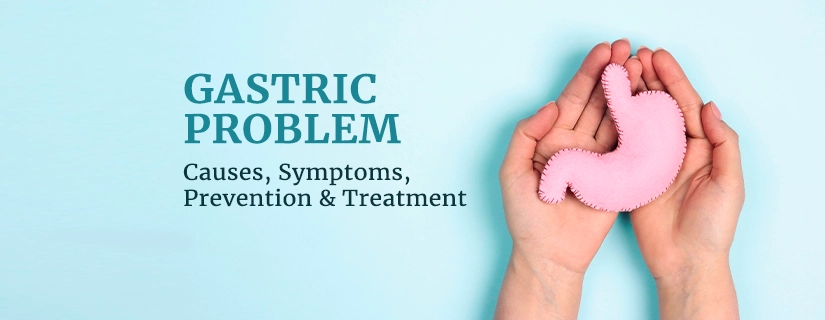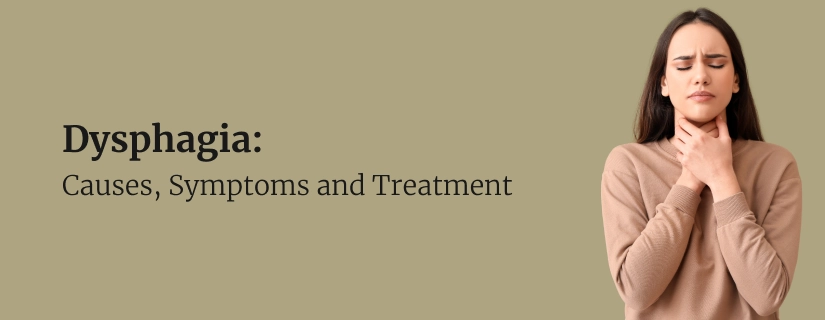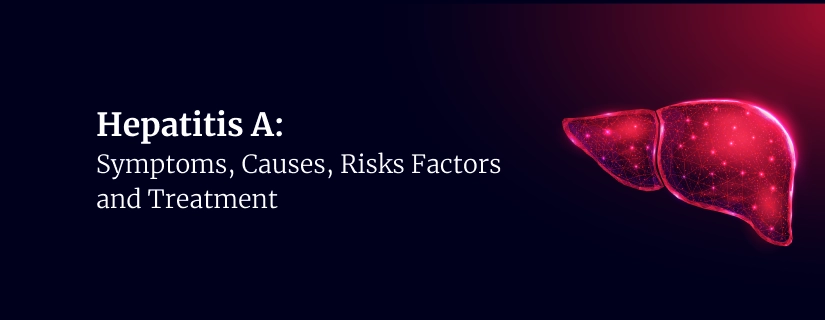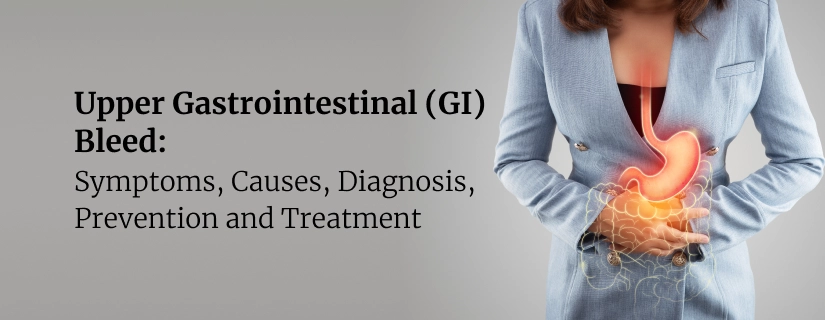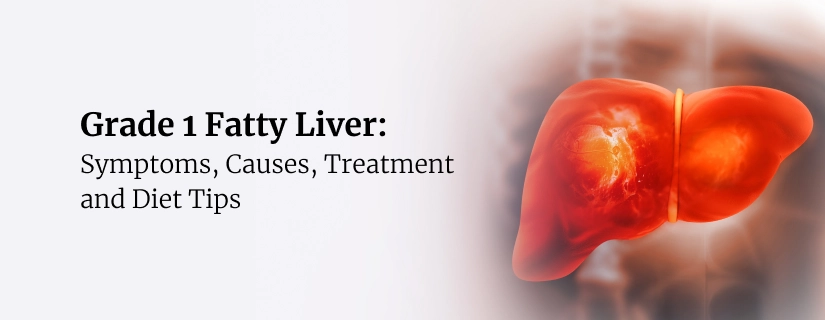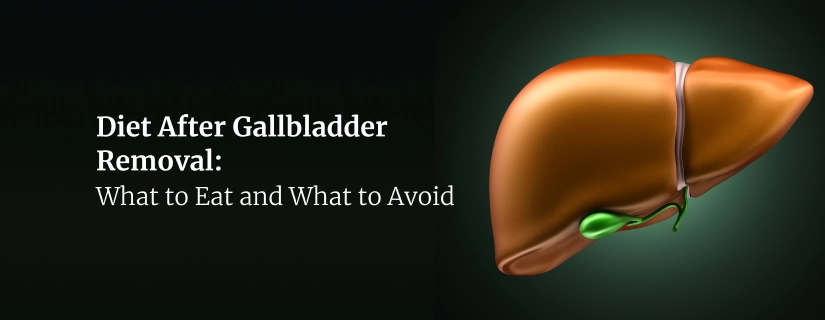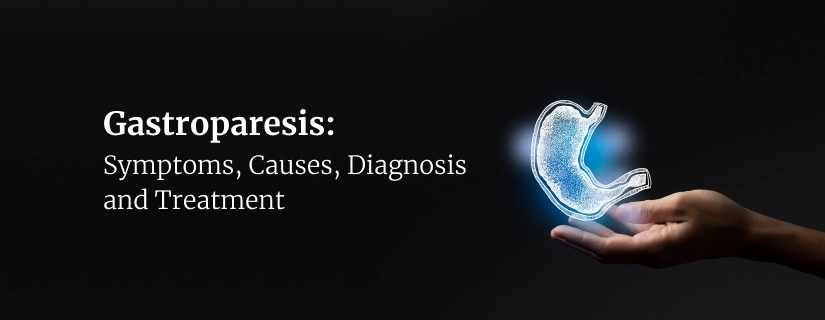-
Doctors
-
Specialities & Treatments
Centre of Excellence
Specialties
Treatments and Procedures
Hospitals & Directions HyderabadCARE Hospitals, Banjara Hills CARE Outpatient Centre, Banjara Hills CARE Hospitals, HITEC City CARE Hospitals, Nampally Gurunanak CARE Hospitals, Musheerabad CARE Hospitals Outpatient Centre, HITEC City CARE Hospitals, Malakpet
HyderabadCARE Hospitals, Banjara Hills CARE Outpatient Centre, Banjara Hills CARE Hospitals, HITEC City CARE Hospitals, Nampally Gurunanak CARE Hospitals, Musheerabad CARE Hospitals Outpatient Centre, HITEC City CARE Hospitals, Malakpet Raipur
Raipur
 Bhubaneswar
Bhubaneswar Visakhapatnam
Visakhapatnam
 Nagpur
Nagpur
 Indore
Indore
 Chh. Sambhajinagar
Chh. SambhajinagarClinics & Medical Centers
Book an AppointmentContact Us
Online Lab Reports
Book an Appointment
Consult Super-Specialist Doctors at CARE Hospitals
Bariatric Surgery and COVID-19
Updated on 20 September 2021

Long before the world had to deal with COVID, another pandemic lingered in the shadows. This pandemic affected the weight, lifestyle, and health of many across the world. The number of victims of this pandemic grew rapidly, mostly attributed to poor nutritional choices and lifestyles. This was the obesity pandemic that continues to this day and carries a huge influence on the COVID-19 pandemic.
The rise in obesity during the COVID-19
Extended lockdowns and time spent at home have resulted in most of the population living very sedentary lives. With little to no physical activity and overdependence on food as a way to quench both boredom and feelings of monotony, the pandemic has taken its toll on the weights of many. Obesity was a big enough issue even before the pandemic that has since been aggravated as COVID-19 has prolonged its stay in the year 2021, and possibly for the years to come.
Obesity as a risk factor for COVID-19
Obesity is directly linked to impaired immune function and as such increases the risk of severe illness from COVID-19. Moreover, being obese may triple the risk of hospitalization due to the COVID infection. This is because obesity decreases lung capacity and can make ventilation more difficult. Obesity’s presence in the body comes with a chronic inflammatory state, resulting in excessive cytokine production and small proteins involved in an immune response. Similarly, the COVID-19 infection also triggers the body’s immune system to produce excess cytokines, which in turn tends to damage various organs. All of this data and further studies have led researchers to conclude that obesity is the single most potential risk factor for severe forms of COVID-19.
What is bariatric surgery?
Bariatric or weight loss surgery is an operation conducted on obese patients for their weight loss. The most interesting result of bariatric surgery that was found out is that patients that undergo this surgery were less likely to be hospitalized by COVID-19. “The disease has less severe effects on weight loss patients compared to those with obesity”. To ensure a satisfactory result, contact the best hospital for bariatric surgery in Hyderabad.
Can the severity of COVID-19 be reduced through bariatric surgery?
A study conducted among a group of patients led to the findings which indicate that bariatric surgery can reduce the risk of COVID-19 complications. The study found that bariatric surgery in Hyderabad significantly reduced the chances of hospitalization by 69% after being infected with COVID-19. In addition, none of the patients who had bariatric surgery required intensive care, ventilation support or dialysis, and no one died. Patients who were once obese and underwent bariatric surgery are shown to be healthier against the coronavirus. Those with obesity should consider this surgery for their well-being during the pandemic. However, as we all know, prevention is better than cure.
Healthy lifestyle to prevent the risks of developing obesity
Managing Body Mass Index takes discipline that is required on a daily basis. The following are some suggestions to ensure that the risk of obesity is as far away from you as possible:
- Limit the consumption of junk, processed, sugary, and other types of unhealthy foods
- Exercise regularly, either use the gym frequently or play a sport on a daily basis
- Cut back on sedentary activities such as watching the television for extended periods of time
- Prioritize the good quality of sleep averaging at least 7 hours per day
- Reduce stress by identifying and eliminating factors that contribute to it.
ENQUIRY FORM
SELECT CATEGORIES
-
Neurosciences (16)
-
Neurology (37)
-
Neurosurgery (14)
-
Orthopaedics (48)
-
Oncology (33)
-
Obstetrics and gynecology (51)
-
Pulmonology (23)
-
Urology (20)
-
Nephrology (13)
-
Psychiatry (7)
-
Dietetics and Nutrition (111)
-
General Medicine (63)
-
Cardiac Sciences (30)
-
Vascular & Endovascular Surgery and Interventional Radiology (10)
-
Gastroenterology (46)
-
Endocrinology (23)
-
Plastic Surgery (10)
-
Critical Care Medicine (5)
-
COVID-19 (16)
-
Dermatology (16)
-
Emergency Care (1)
-
Ophthalmology (4)
-
Pediatrics (14)
-
Laparoscopic and Bariatric Surgery (8)
-
ENT (15)
-
Kidney Transplant (1)
-
Liver Transplantation and Hepatobiliary Surgery (5)
-
General Surgery (3)
-
Internal Medicine (5)
-
Medicine Information
Gastric Sleeve Surgery
Liver transplant: Everything you must know
YOU MAY ALSO LIKE
RECENT BLOGS
-

Direct Anterior Approach in Total Hip Replacement: Advantages and Challenges
10 April 2025
Read More
-

Zinc Deficiency: Signs and Symptoms, Causes, Treatment
9 April 2025
Read More
-

Chest Pain When Coughing: Causes, Treatment and Home Remedies
9 April 2025
Read More
-

12 Health Benefits of Eating Mushrooms
8 April 2025
Read More
-

7 Health Benefits of Blood Donation You Should Know About
8 April 2025
Read More
-

Implantation Bleeding Vs Periods: Know the Difference
28 February 2025
Read More
-

Bloating During Ovulation: Symptoms, Causes and Remedies
28 February 2025
Read More
-

Itching During Dengue: Causes, Treatment and Home Remedies
18 February 2025
Read More
Have a Question?
If you cannot find answers to your queries, please fill out the enquiry form or call the number below. We will contact you shortly.












